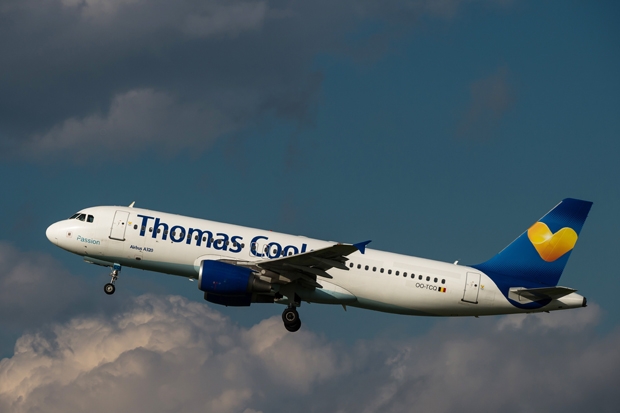Which is worse, morally and reputationally — to be Thomas Cook, shamed by its refusal to show proper human concern, for fear of being taken to admit responsibility, over the death of two children by carbon monoxide poisoning from a faulty boiler while on holiday in Corfu; or to be Barclays, fined almost $2.4 billion (heading a list of banks fined more than $9 billion between them for similar offences) for conspiring to manipulate the foreign exchange market over a five-year period? Ethicists could agonise over that one for weeks.
But in terms of customer response, it’s clear that the travel agent — whose mistake was not to reject legal advice that made it look so callous — will suffer more long-term damage than the bank, whose reputation for cynical rule-bending was already both well established and commonplace in its sector: Barclays shares perked up 3 per cent on news of the fines, the market presumably hoping that the Augean stable is now definitively clean.
The fault of Thomas Cook was to make a bad judgment call in the first place, then fail to work out how the story would look when it all became public — including the chilling fact that substantially more compensation was paid by the hotel owner to the company than to the parents of the dead children. The fault of Barclays in the Bob Diamond era was to nurture a bad culture — ‘If you ain’t cheating, you ain’t trying,’ as one manager put it — then fail to work out how the story would look as retrospective fines continued to pile up long after Diamond’s successor Antony Jenkins claimed the culture had changed. In corporate life, the past is always there to haunt you.
One last breath
The climactic moment of the Greek cliffhanger really can’t be far away, even if we’ve all been saying that for months.









Comments
Join the debate for just £1 a month
Be part of the conversation with other Spectator readers by getting your first three months for £3.
UNLOCK ACCESS Just £1 a monthAlready a subscriber? Log in